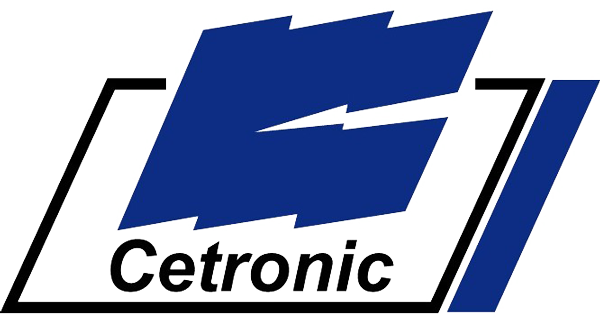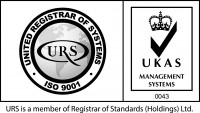Go Back
Intro
In today's business world, it's widely recognised that having a standby power plan is crucial for ensuring seamless operations during power outages. The specific needs of a company will play a major role in determining the best backup power solution, and that's why Cetronic Power Solution is here to help. Our knowledgeable team is dedicated to finding the ideal strategy to protect your business. Here is Part 1 – Planning standby power requirements of the guide.
Uncertain power quality
The unreliability of energy from the National Grid can result in power disruptions and significant problems. Electrical surges, fluctuations, and brief power outages can all harm delicate electrical equipment, leading to costly repairs. Having a well-crafted continuity plan that meets your business needs is crucial, especially for companies that heavily rely on power.
Standby power strategy
Having a standby power plan is the solution to these issues. It's crucial to thoroughly understand the ramifications of this strategy and its effect on the ongoing success of your business.
Your plan should encompass more than just computer rooms, servers, and communication technology.
Imagine a scenario where your organization is unable to operate with no phones, no emergency lighting, no cooling for computers or servers, and no coffee! It's important to remember that a comprehensive standby power strategy should address all aspects of your operations, not just the tech.
Evaluating the business need
But how do you determine the continuity and recovery needs of your company? What critical business systems require short-term power protection and which require a long-term backup power source?
It is essential to start by considering the potential consequences if power-dependent systems were to fail, whether due to electrical instability in the power supply or a complete power loss. This will give you a good foundation to make informed decisions about your standby power needs.
Classifying your equipment
When viewed from a business perspective, it is possible to categorize each piece of equipment based on its power protection needs. This enables you to determine the appropriate level of protection for each system.
Critical systems are those that cannot afford to fail and must always have power, either indefinitely or for as long as possible. If the equipment is not designed to withstand power outages of more than 4 to 5 milliseconds, it requires an uninterruptible power supply (UPS) to ensure continuous power. These systems are given priority.
Sensitive systems must have a clean shutdown and cannot handle power fluctuations or the delay in starting up a generator. Otherwise, they risk serious damage and data loss. They require a UPS to provide power while the equipment shuts down cleanly and, if necessary, backs up data. These systems require UPS standby power.
Essential systems must be supplied with power in case of a failure, but can tolerate a short power interruption.
Other electrical loads, such as a kettle or microwave, can be allowed to fail without compromising critical systems, endangering staff or customers, or causing damage to the equipment. These systems may not require any standby power.
Any questions about this article? Get in touch.






